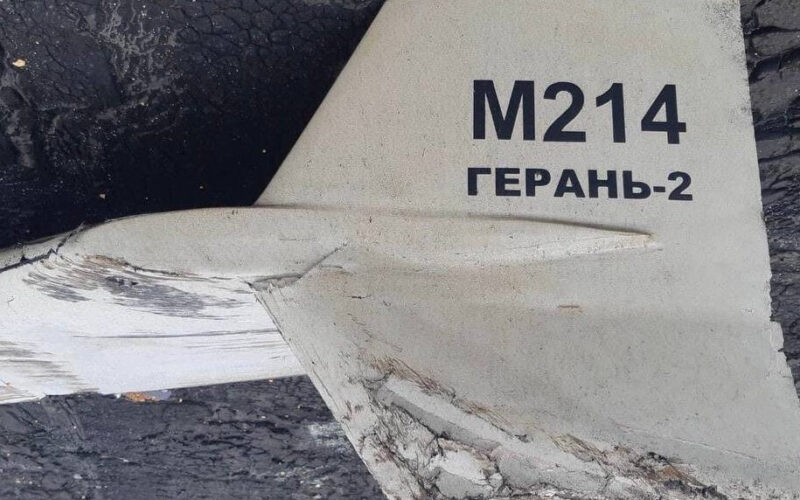The Defense Forces of Ukraine reported that it has successfully attacked a Shahed UAV storage facility near Yeysk in the Krasnodar region of the Russian Federation.
The operation, carried out by the Ukrainian Naval Forces in coordination with the Security Service of Ukraine, targeted a key site where an estimated 400 Iranian-made attack drones were stored.
The storage facility was situated near the village of Oktyabrsky, to the south of the city of Yeysk, which is home to an air base of the Russian Naval Aviation.
Unconfirmed videos posted on social media believed to have been filmed in the area show a large fire and a series of secondary explosions.
Yeysk, a series of secondary explosions cascade through a Russian storage facility housing hundreds of Shahed-136 attack drones.
— OSINTtechnical (@Osinttechnical) October 10, 2024
Ukrainian cruise missiles successfully hit the facility earlier tonight. pic.twitter.com/qqEgY9qXDu
The strike is believed to have been carried out using R-360 Neptune cruise missiles. The Ukrainian General Staff claimed that the strike achieved an “accurate hit” on the facility, with secondary explosions indicating extensive damage to the site.
“The destruction of the Shahed UAV storage base will significantly reduce the ability of the Russian occupiers to terrorize peaceful residents of Ukrainian towns and villages,” read the official statement from the Ukrainian military.
What are Shahed drones?
Shahed drones, specifically the Shahed-136, are Iranian-made loitering munitions that have become a key element in Russia’s arsenal during its invasion of Ukraine. These drones are low-cost, long-range unmanned aerial vehicles (UAVs) designed to strike ground targets with explosive warheads. They are commonly referred to as “kamikaze” or “suicide drones” due to their single-use nature—once launched, they fly directly into their targets, causing significant damage upon impact.
Since Russia began using them in late 2022 to supplement its missile strikes, these drones have been deployed to target critical infrastructure such as energy facilities, transportation networks, and residential areas.

